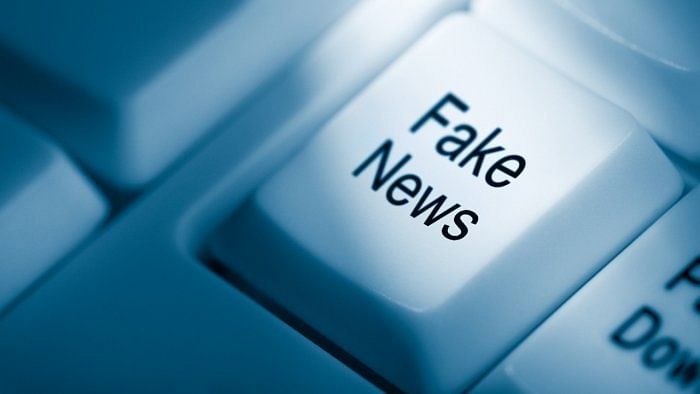
False and misleading information has the potential to fan separatist movements and intensify social and political conflict, the Central government told Bombay High Court on Friday while responding to stand-up comedian Kunal Kamra's petition challenging an amendment to the Information Technology Rules.
Citing a study, the Ministry of Electronics and Information Technology (MeitY), further said false news travelled six times faster than the truth, necessitating the 2023 amendment to the IT Rules. It, however, said that the impending fact check unit may only direct removal of false or misleading information pertaining to government policies and programmes, and not any satire or artist impression.
Kamra, in his petition, claimed that the new rules could potentially lead to his content being arbitrarily blocked or his social media accounts being suspended or deactivated, thus harming him professionally. The stand-up comedian has sought the court to declare the amended rules as unconstitutional and a direction to the government to restrain from taking action against any individual under the rules.
The ministry, in its affidavit, reiterated that the role of the fact check unit is restricted to any business of the Central government, which may include information about policies, programmes, notifications, rules, regulations, implementation thereof, etc. “The fact check unit may only identify fake or false or misleading information and not any opinion, satire or artistic impression. Therefore, I state that the aim of the Government with regard to the introduction of the impugned provision is explicitly clear and suffers from no purported arbitrariness or unreasonableness, as alleged by the petitioner (Kamra),” it said.
False and misleading information can adversely impact electoral democracy, the economy and the social fabric in many ways, with severe and lasting damage, the ministry claimed. It has the potential to fan separatist movements and intensify social and political conflict, while also weakening public trust in democratic institutions. In matters of public interest, misleading content on social media platforms influences citizens' perceptions regarding reality and creates doubts regarding the actions and intentions of the democratically elected government, it said.
The affidavit further stated that in the context of the Centre's effort to ensure that correct information is available to the public in respect of Government business, it is important to recognise that information that is false (or "fake", the term ordinarily used in fact checking) and misleading is known to spread many times faster than factually correct information. It cited a study, which concluded that falsehoods are 70 per cent more likely to be retweeted on Twitter than the truth, and false news reached 1,500 people about six times faster than the truth.
Majority of the news-related information consumed on social media across major platforms in India is produced by common users who may not possess the capabilities, resources and time to verify the information before publishing or sharing it with other users, the Centre pointed out. Fake and false news may trigger "mob violence" that may “gradually take the shape of a Typhon-like monster”, it said, adding that the rule is in “public interest” and provides an evidence-based-fact-checking system. The fact-check unit has not yet been notified by the government. Hence, any arguments made in the petition regarding its functioning do not have any basis, its “premature and under mere misconceptions of the petitioner”, the affidavit stated. The court will hear the matter on Monday.
On April 6, the Union government promulgated certain amendments to the Information Technology (Intermediary Guidelines and Digital Media Ethics Code) Rules, 2021. Under the amendments, the government added a provision of a fact-check unit to identify fake or false or misleading online content related to the government. Against such content identified by this unit, intermediaries, such as social media companies, will have to act or risk losing their “safe harbour” protections under section 79 of the IT Act, which allows intermediaries to avoid liabilities for what third parties post on their websites.